As Russia’s progress in Ukraine has stalled, with enormous losses in material and people, the frustrated head of the Wagner mercenary force Yevgeny Prigozhin has called for Russia to shift to a total war economy: “The Kremlin must declare a new wave of mobilisation to call up more fighters and declare martial law and force ‘everyone possible’ into the country’s ammunition production efforts. We must stop building new roads and infrastructure facilities and work only for the war.” His words echo similar sentiments expressed by the head of Russia’s state broadcaster RT, Margarita Simonyan — an influential supporter of the Russian president, Vladimir Putin — who said recently: “Our guys are risking their lives and blood every day. We’re sitting here at home. If our industry is not keeping up, let’s all get a grip! Ask anyone. Aren’t we all ready to come help for two hours after work?” **Also Read: What is the Kakhovka dam in Ukraine ‘blown up’ by Russia? How could this hurt both sides?** Already facing western sanctions since its annexation of Crimea and occupation of territory in Ukraine’s eastern provinces in 2014, Russia has had to adapt to life under an increasingly harsh series of economic punishments. And, while Putin had apparently planned for a relatively short “special military operation”, this conflict has become a protracted and expensive war of attrition. The Economist has estimated Russian military spending at five trillion roubles (Rs 1,00,580 crore) a year, or three per cent of its GDP, a figure the magazine describes as “a puny amount” compared to its spending in the second world war. Other estimates are higher — the German Council on Foreign Relations (GDAP) estimates US $90 billion (Rs 7.42 lakh crore), or more like five per cent of GDP.
But the international sanctions have hit the economy hard.
They have affected access to international markets and the ability to access foreign currency and products. And the rate at which the Russian military is getting through equipment and ammunition is putting a strain on the country’s defence industry. So, the Kremlin faces a choice: massively increasing its war efforts to achieve a decisive breakthrough, or continuing its war of attrition. The latter would aim to outlast Ukraine in the hope that international support may waver in the face of a global cost of living crisis. Equipment shortages Russia has lost substantial amounts of arms and ammunition. In March 2023, UK armed forces minister James Heappey estimated that
Russia had lost 1,900 main battle tanks, 3,300 other armoured combat vehicles, 73 crewed, fixed wing aircraft, several hundred uncrewed aerial vehicles (UAVs) of all types, 78 helicopters, 550 tube artillery systems, 190 rocket artillery systems and eight naval vessels. Russia has to contend with several important military-industrial challenges. For one, its high-technology precision-guided weapons require access to foreign technology. [caption id=“attachment_12711342” align=“alignnone” width=“640”] Wagner chief Yevgeny Prigozhin urges total war economy for Russia. File image/AFP[/caption] This is now unavailable — or restricted to sanctions-busting deals which can only supply a fraction of what is needed. Most of the high-tech electronic components used by the Russian military are
manufactured by US companies. So it has to substitute these with lower-grade domestic components, which is probably why the Russian military is using its high-tech weaponry sparingly. But the artillery shells on which it has been relying
are running short. US thinktank the Centre for Security and International Studies
has reported US intelligence estimates that since February 2022, export controls have degraded Russia’s ability to replace more than 6,000 pieces of military equipment. Sanctions have also forced key defence industrial facilities to halt production and caused shortages of critical components for tanks and aircraft, among other materiel. Make do, mend – and spend There are clear signs of increasing efforts to address the shortages. According to a
report in the Economist, Dmitri Medvedev, deputy chairman of Russia’s security council, has recently announced plans for the production of 1,500 modern tanks in 2023. Russian news agency
Tass reported recently Medvedev also plans to oversee a ramping up of mass production of drones. The government is reported to be
providing substantial loans to arms manufacturers and even issuing orders to banks to do the same. Official statistics indicate that the production of “finished metal goods” in January and February was 20 per cent higher compared to the previous year. Also Read: Explained: Could Wagner chief Yevgeny Prigozhin be a real threat to Vladimir Putin? The GDAP
reported in February: “As of January 2023, several Russian arms plants were working in three shifts, six or seven days a week, and offering competitive salaries. Hence, they can increase production of those weapon systems that Russia is still able to manufacture despite the sanctions.” So it appears the Kremlin is playing a delicate balancing act of redirecting significant resources to the military and related industries while trying to minimise the disruption of the general economy, which would risk losing the support of large sections of the population. The International Monetary Fund has projected Russia’s economy to grow by
0.7 per cent this year (which would trump the UK’s
projected growth of 0.4 per cent). This will largely be underpinned by export revenues for hydrocarbons as well as arms sales to various client countries happy to ignore western sanctions. [caption id=“attachment_12711362” align=“alignnone” width=“640”]
The international sanctions have hit Russian economy hard. AFP[/caption] Meanwhile diversifying import sources has kept stores stocked. However,
Russian public opinion pollster Romir has reported that while most people aren’t worried about the absence of sanctioned goods, about half complained that the quality of substituted goods had deteriorated. So ordinary Russians — those who haven’t lost loved ones on the battlefield or to exile — remain relatively sanguine about everyday life. But a longer, more intense conflict, requiring a shift to a total war economy, could be a different matter altogether.
This article is republished from
The Conversation under a Creative Commons license. Read the
original article. Read all the Latest News, Trending News, Cricket News, Bollywood News, India News and Entertainment News here. Follow us on
Facebook,
Twitter and
Instagram.


)
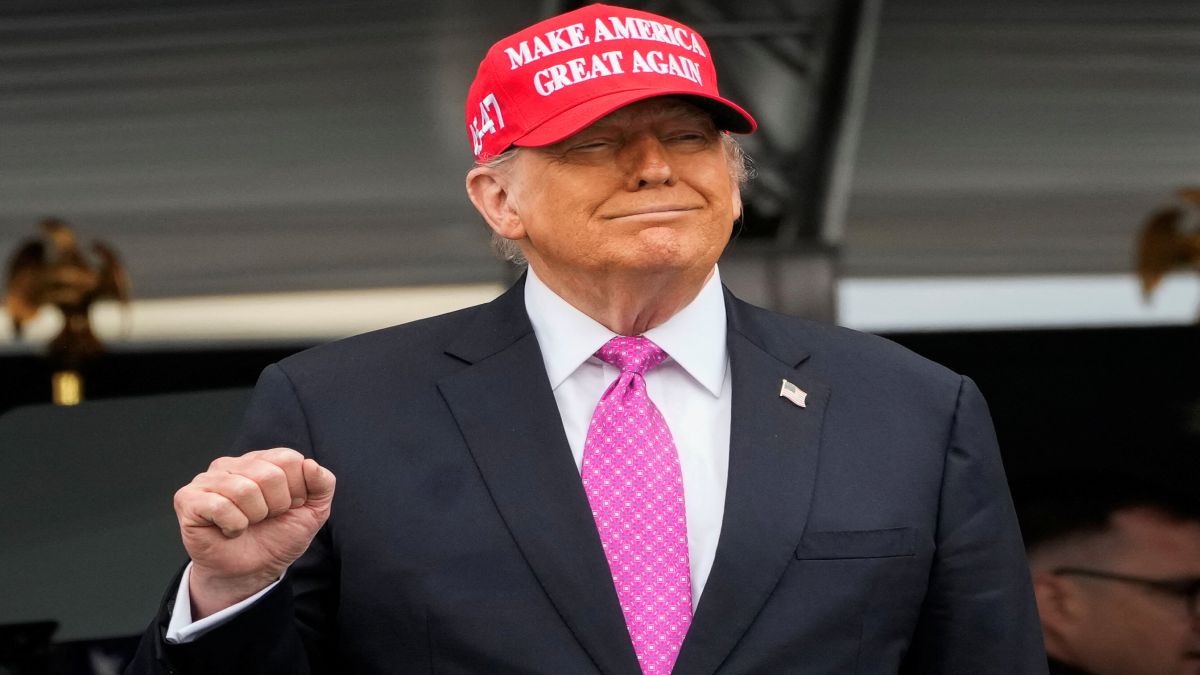
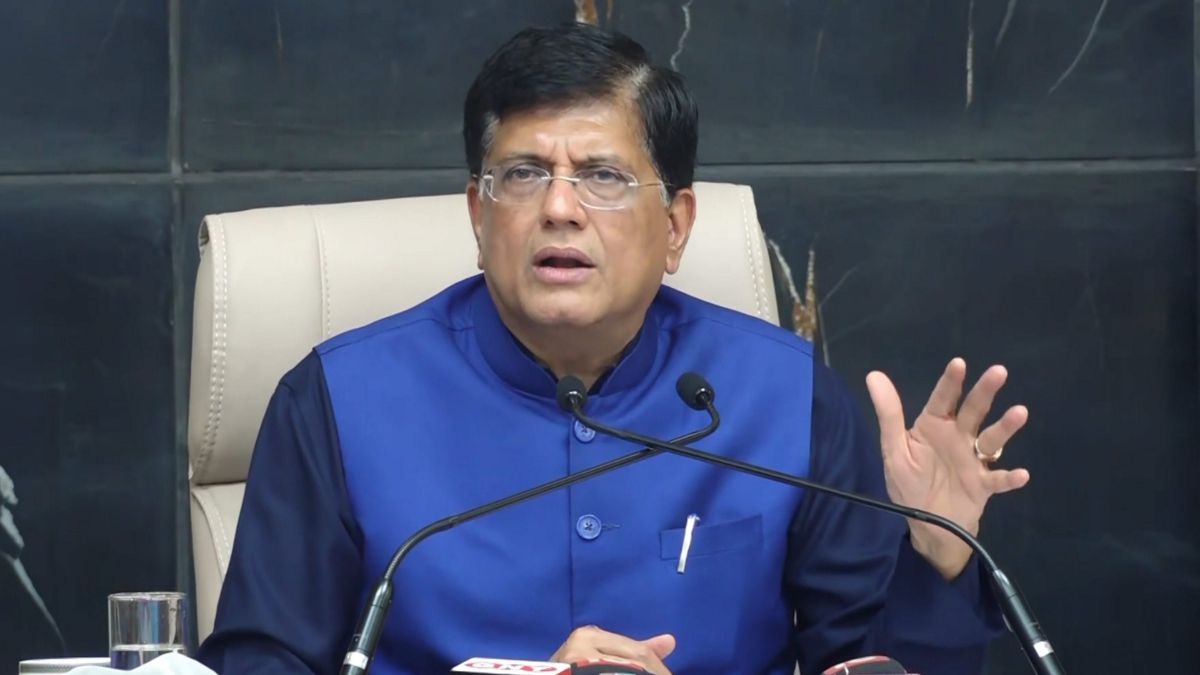)
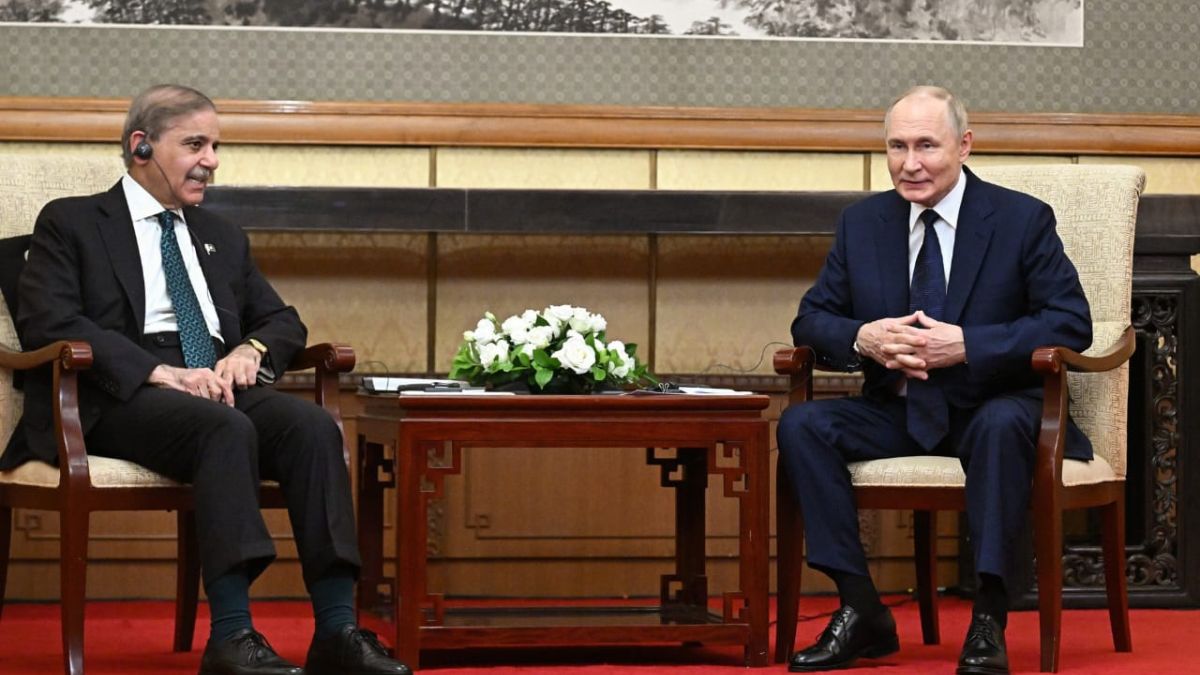)
)
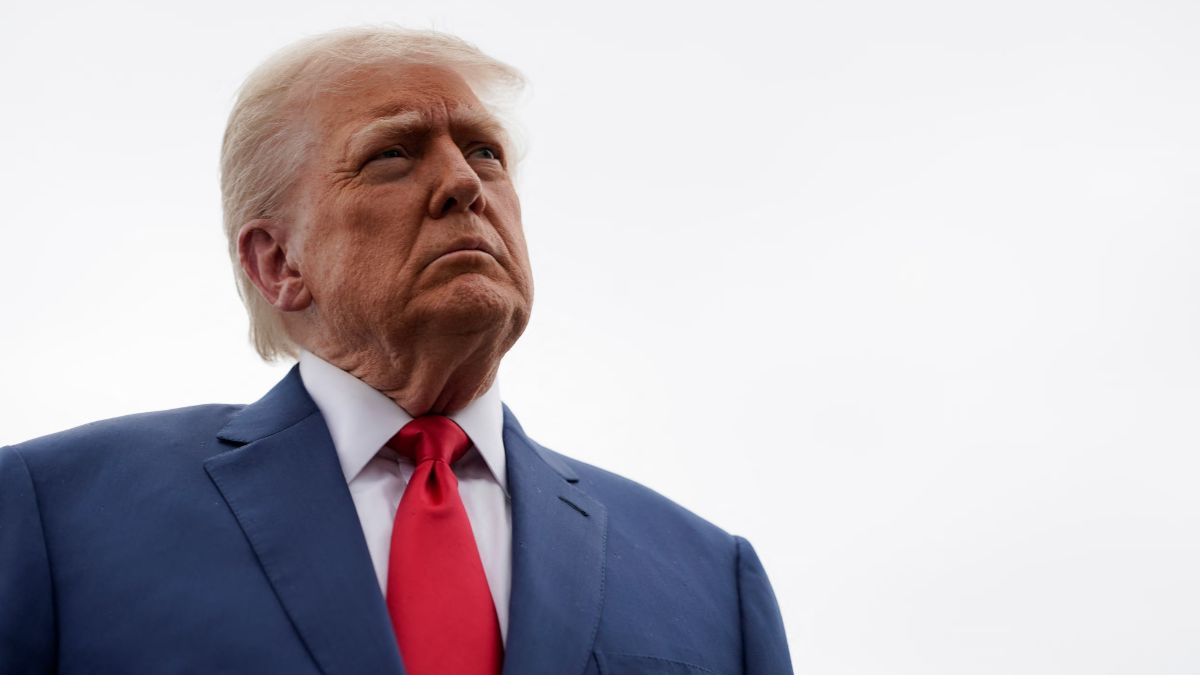)
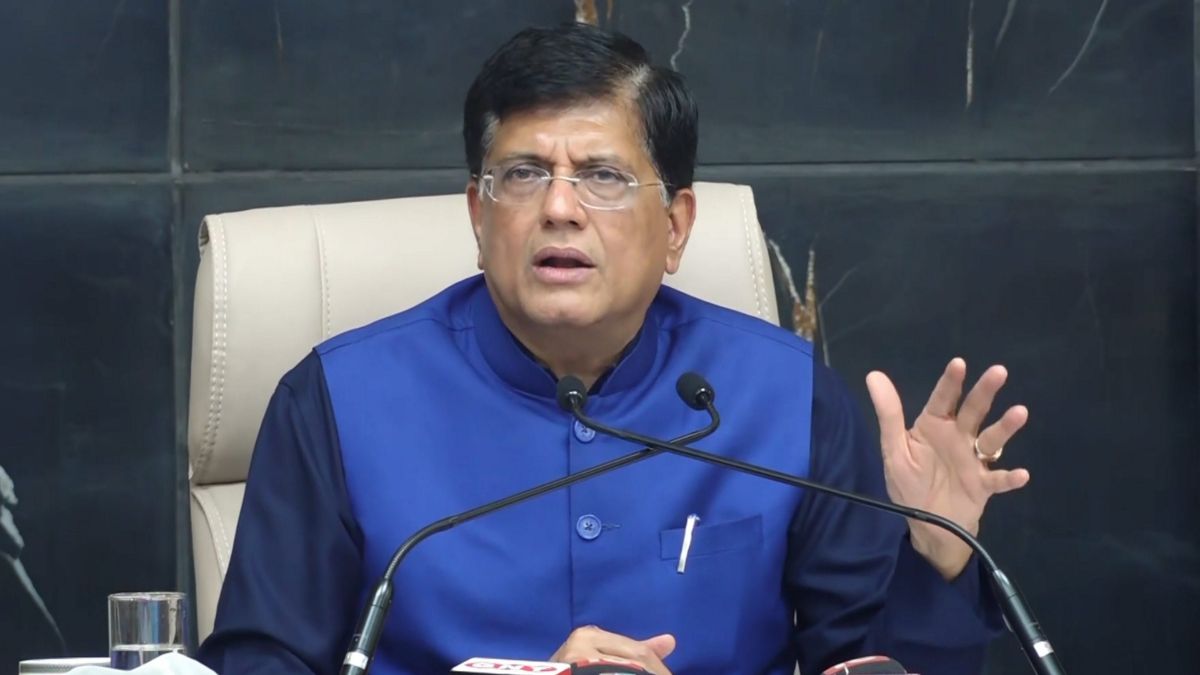)
)
)
)



